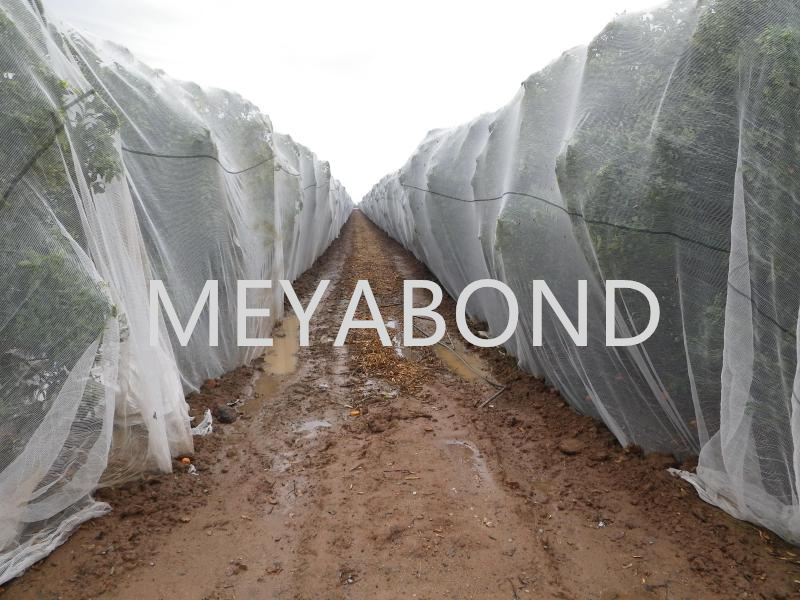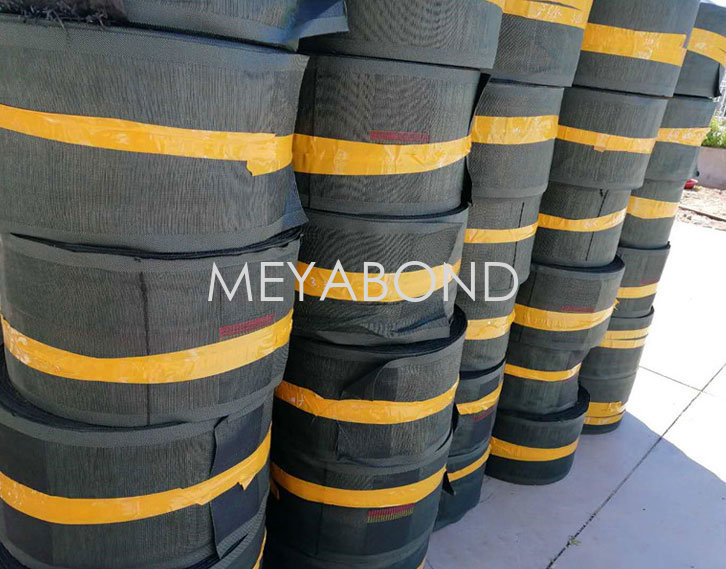The Versatility of Gravel Bags in Agricultural Practices
Gravel bags, often overlooked in the agricultural sector, serve multiple practical purposes that can greatly benefit facility farming. These bags, typically filled with gravel or stones, offer a robust solution for various challenges faced in agricultural settings. Here’s a closer look at how gravel bags can be utilized effectively in farming operations.
**1. Erosion Control:** One of the primary uses of gravel bags is for erosion control. In areas prone to heavy rainfall or flooding, these bags can help stabilize soil by acting as barriers that reduce water flow and protect crops. By strategically placing gravel bags around vulnerable areas, farmers can prevent soil loss and maintain the integrity of their planting sites.
**2. Drainage Management:** Effective water management is crucial in agriculture, and gravel bags can play a significant role in enhancing drainage systems. They can be used to create temporary or permanent drainage solutions that help redirect excess water away from crops and facilities. This ensures that plants receive adequate moisture without the risk of over-saturation, which can lead to root rot and other issues.
**3. Weight and Stability:** Gravel bags provide additional weight and stability to structures and installations. In facility farming, where greenhouses or other structures are often exposed to wind and weather elements, gravel bags can be strategically placed to anchor these structures. They help maintain the integrity of the setup, ensuring that your agricultural investments remain secure during adverse conditions.
**4. Pest Control:** Interestingly, gravel bags can also contribute to pest management. By creating barriers around crops, they can deter certain pests from reaching the plants. This reduces the reliance on chemical pesticides, promoting a more sustainable approach to farming.
**5. Versatile Applications:** The versatility of gravel bags extends beyond these primary uses. They can be used in landscaping, pathways, and as weights for tarps and netting, making them a multipurpose asset in agricultural operations. Their adaptability allows farmers to implement creative solutions to various challenges, from planting to harvest.
In conclusion, gravel bags are a practical and flexible tool that can enhance the efficiency and sustainability of facility farming. Their ability to control erosion, manage drainage, provide stability, assist in pest control, and serve multiple applications makes them a valuable addition to any agricultural toolkit. By considering how gravel bags can be integrated into your farming practices, you can address common challenges and promote a healthier crop yield. Proper implementation of these bags can lead to improved agricultural outcomes and contribute to the overall success of your farming endeavors.
**1. Erosion Control:** One of the primary uses of gravel bags is for erosion control. In areas prone to heavy rainfall or flooding, these bags can help stabilize soil by acting as barriers that reduce water flow and protect crops. By strategically placing gravel bags around vulnerable areas, farmers can prevent soil loss and maintain the integrity of their planting sites.
**2. Drainage Management:** Effective water management is crucial in agriculture, and gravel bags can play a significant role in enhancing drainage systems. They can be used to create temporary or permanent drainage solutions that help redirect excess water away from crops and facilities. This ensures that plants receive adequate moisture without the risk of over-saturation, which can lead to root rot and other issues.
**3. Weight and Stability:** Gravel bags provide additional weight and stability to structures and installations. In facility farming, where greenhouses or other structures are often exposed to wind and weather elements, gravel bags can be strategically placed to anchor these structures. They help maintain the integrity of the setup, ensuring that your agricultural investments remain secure during adverse conditions.
**4. Pest Control:** Interestingly, gravel bags can also contribute to pest management. By creating barriers around crops, they can deter certain pests from reaching the plants. This reduces the reliance on chemical pesticides, promoting a more sustainable approach to farming.
**5. Versatile Applications:** The versatility of gravel bags extends beyond these primary uses. They can be used in landscaping, pathways, and as weights for tarps and netting, making them a multipurpose asset in agricultural operations. Their adaptability allows farmers to implement creative solutions to various challenges, from planting to harvest.
In conclusion, gravel bags are a practical and flexible tool that can enhance the efficiency and sustainability of facility farming. Their ability to control erosion, manage drainage, provide stability, assist in pest control, and serve multiple applications makes them a valuable addition to any agricultural toolkit. By considering how gravel bags can be integrated into your farming practices, you can address common challenges and promote a healthier crop yield. Proper implementation of these bags can lead to improved agricultural outcomes and contribute to the overall success of your farming endeavors.
Key words:
Related News
09-24
CONTACT US
Email: sales8@meyabond.com
Tel: +8618911966213
No.3 Yard, ZhongHe Road, 100071,FengTai District, Beijing, China
Email: sales6@meyabond.com
Tel: +8618911963856
No.3 Yard, ZhongHe Road, 100071,FengTai District, Beijing, China
















